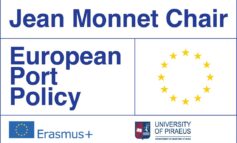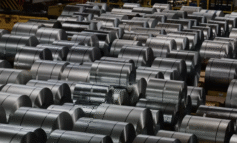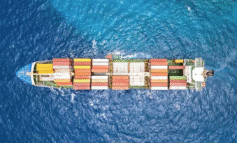If you are interested in rail and dry port development in relation to Malaysian seaports, you might want to read the latest port study by PortEconomics member Theo Notteboom – co-authored with “, Jagan Jeevan and other Malaysian colleagues, from Universiti Malaysia Terengganu – in the scholarly journal Research in Transportation Business and Management (RTBM).
In the paper “Integration of rail freight with dry ports: A route for seaport regionalisation” the authors use an exploratory factor analysis (EFA) to investigate the challenges for rail freight transport in Malaysia. Approximately forty Malaysian rail operators, their clients, and multimodal transport operators participated in a survey.
The findings indicate that the primary challenges for the Malaysian rail system include performance, transit time reliability, and capacity use. Improving the rail infrastructure will have a good impact on the service dependability, freight distribution, and operation management of seaports.
By enforcing institutional integration, expanding infrastructure support systems, and successfully managing infrastructure maintenance, the rail system may be enhanced. By synchronising seaport operation, efficiency, management, and container rotation, rail freight operations can enhance seaport transit time.
The publisher shared a personalized URL providing 50 days free access to the article. Anyone clicking on this link before January 01, 2023 will be taken directly to our paper, which they are welcome to read or download. No sign up, registration or fees are required.
To reach the study follow the link












